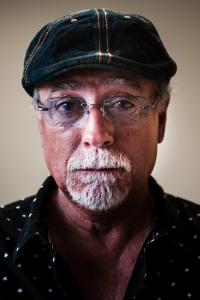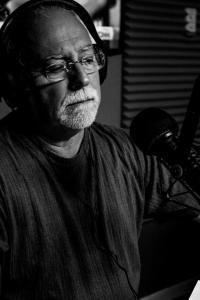El comunismo es una mentira total

Download image
Salvador Blanco nació el 6 de mayo de 1953 en la ciudad pesquera de Caibarién, en el centro de Cuba, pero creció en la capital, La Habana. Su familia vivía en el recinto de la Escuela Superior de Bellas Artes, y desde la infancia se dedicó al teatro, la música y la pantomima. En 1973, tras finalizar el servicio militar obligatorio, Salvador Blanco obtuvo un puesto en la televisión estatal cubana. En un programa de entretenimiento infantil interpretaba al gato El Gatito y pronto se hizo popular entre los espectadores de toda Cuba. Su fama creció y llegó a ser una figura reconocida en la televisión, el cine y el teatro, disfrutando de los privilegios de un artista prominente. Sin embargo, en 1982, durante un encuentro personal con Fidel Castro, lo ofendió y fue acusado de colaborar con la CIA, de desacreditar al régimen y de intentar emigrar. Fue condenado a tres años de prisión en condiciones terribles dentro de las cárceles cubanas, donde estuvo recluido junto a criminales condenados por los delitos más graves. En el Festival de Cine de Cannes de 1984, el actor francés Yves Montand pidió públicamente al régimen cubano que liberara a Salvador Blanco. Tras cumplir su condena, estuvo bajo la vigilancia de la policía secreta y trabajó en la construcción, pero gracias a los esfuerzos de políticos franceses logró salir de Cuba y viajar a París. Vivió en Francia y participó en conferencias internacionales en defensa de los derechos humanos. Finalmente, se trasladó a Miami, donde tuvo un papel destacado en Radio y TV Martí.



